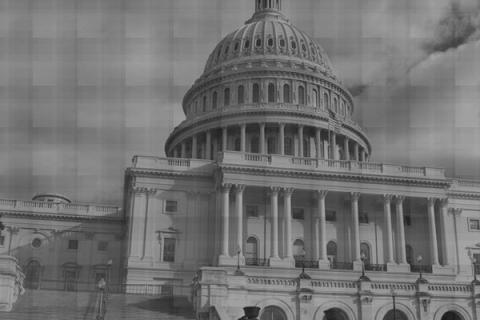Results of California’s top-two open primary will undoubtedly leave some voters shaking their heads in consternation when they cast their ballots in November. First, there will be only a maximum of two candidates for all of the state and federal positions as opposed to a plethora of contenders representing a multitude of parties and ideologies. Second, there will be a handful of races in which Democrats oppose Democrats and Republicans oppose Republicans.
“In about one-sixth of the state's legislative and Congressional races, either two Democrats or two Republicans will be on the ballot as a result of Tuesday's primary that sent the leading two vote-getters into a November runoff,” the San Jose Mercury News reported.
According to the Secretary of State’s office, Democrats will face Democrats in 20 races, while eight more will be between Republicans.
In what may have been the most contentious race in the state, incumbent Brad Sherman and challenger Howard Berman – both Democrats – will face off to represent San Fernando Valley's 30th Congressional District. While Sherman came out ahead with nearly 42 percent of the vote vs. Berman’s 36 percent, more than 20 percent remains to be split in November.
In fact, 19 of the 28 party-on-party results had no candidate with 50 percent or more of the vote. Some, such as the 8th Congressional District in Inyo County, have top two candidates with small percentages of the vote. Paul Cook and Gregg Imus each garnered about 15 percent and will be vying for the remaining ballots which make up nearly 70 percent of the electorate.
These internecine battles could change the dynamic of party politics. In a district where a candidate needs to find votes from alternative constituencies, he or she may have to shift their messages to broaden their appeal.
"Whatever the tactics are, they will have to speak to the entire electorate for the first time ever," GOP consultant Aaron McLear told the Sacramento Bee. McLear is a former aide to Gov. Arnold Schwarzenegger, who pushed for the primary changes.
"And what that means is they will have to make promises that are not just to the extreme of their party; they are going to have to make promises to the entire electorate that they will be held accountable for," said McLear.
Ideally, this need to appeal to others outside of the party faithful will soften the rough edges of today’s extreme partisan politics, as candidates look to a broader constituency.
One example is Madera County Supervisor Frank Bigelow, a Republican who hasn't signed a no-tax pledge. He’ll be running against former Republican Assemblyman Rico Oller for the Fifth Assembly District seat. Oller has signed the no-tax pledge and, for now, says he projects no changes in his approach in November.
According to the Sacramento Bee, Oller plans to put the same "set of values and the same principles" he pitched in the primary on display in November.
Some of the Democrat vs. Democrat races have similar differences, with business-backed candidates going up against a more traditional union-backed politician. That brings up the question of party discipline.
"With the open primary, now you're going to have some folks who are kind of wild cards," said McLear. "You don't know how they're going to vote."
Whatever the final results in November, the top-two open primaries have shifted the landscape of California’s political world and may eventually break the partisan logjam that is the hallmark of state politics.

